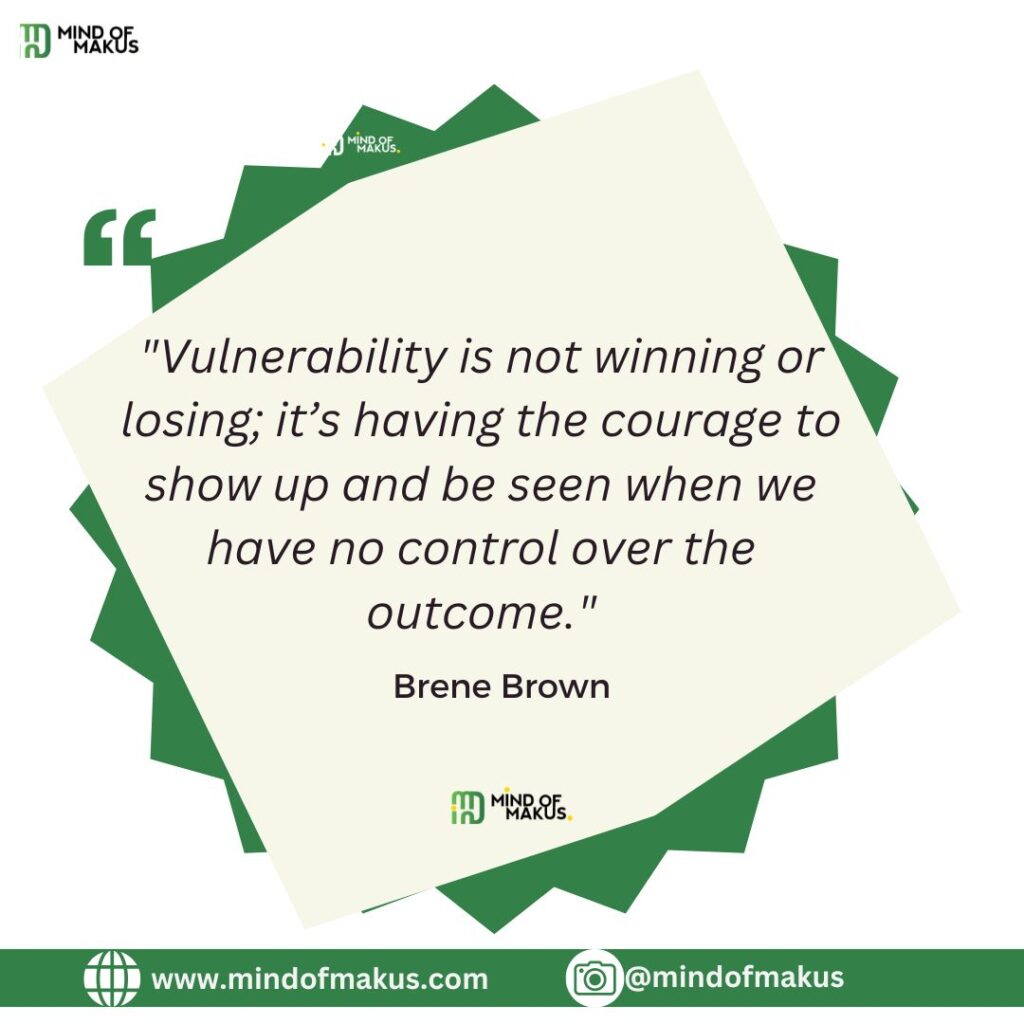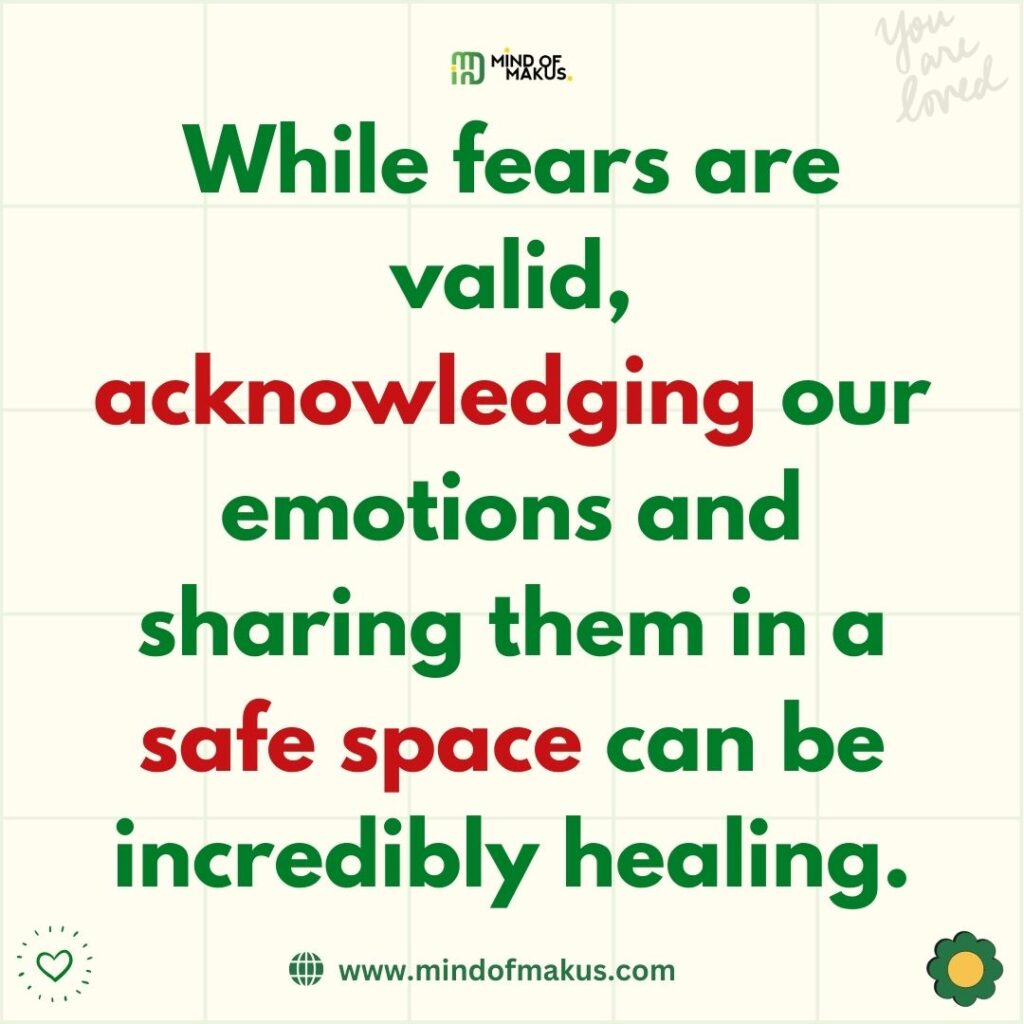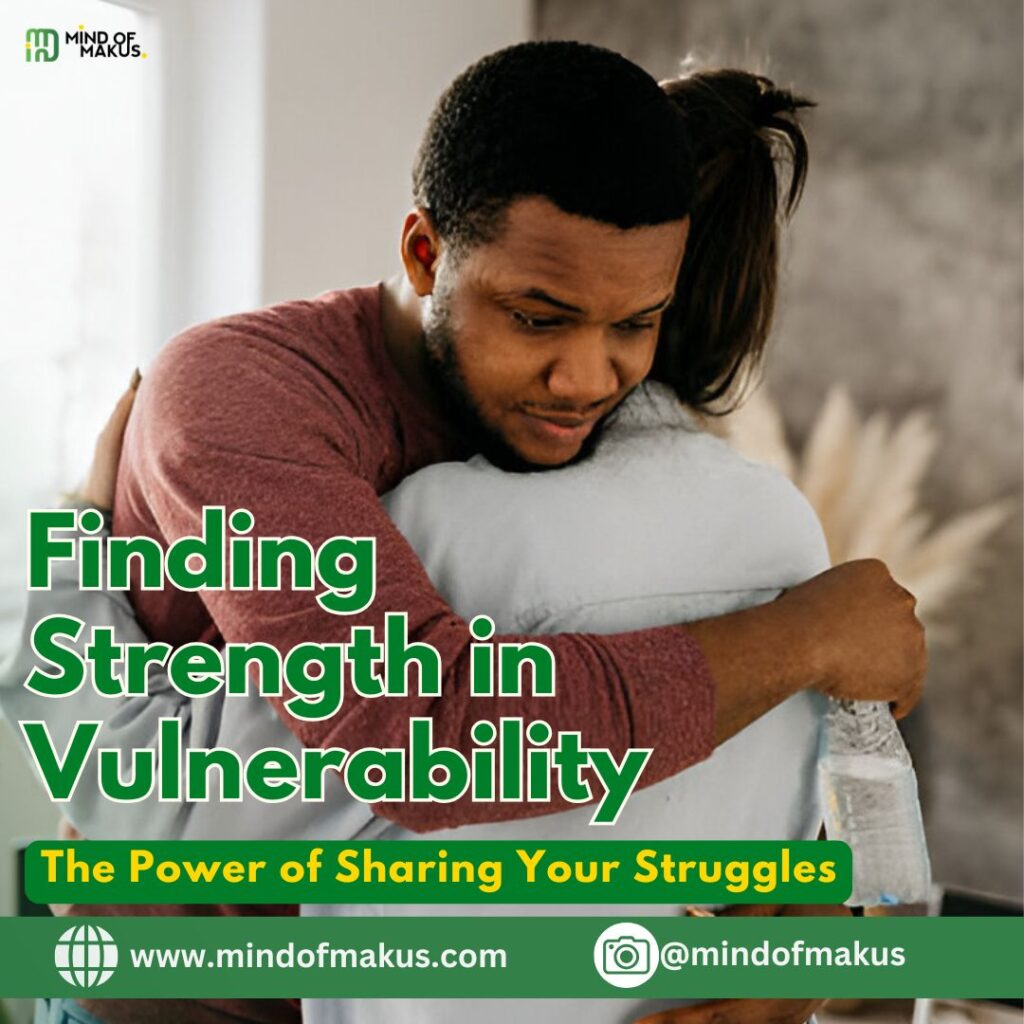Hello dear friend,
We are finally getting some sunshine, even though it’s not consistent m I feel quite grateful for how seasons change and bring hope. Somehow it just seems possible to go out and leave your coat at home and survive.
It has made me consider the things that foster a sense of hope. The good times, the bad times and the lessons we glean from our life experiences. Sharing our stories sticks out as a major sources of unending hope and light.
In our friendship groups, families, work spaces, public spaces, religious spaces, everyday we are sharing stories and encouraging one another, building ourselves up to wake up another day and hope hope hope against all odds, that one day, we will step into a reality that we only dream about today.
In a world full of darkness, and the light of many of our brothers and sisters, grow dim due to frustrations and disappointments.
Psalm 34:19
Many are the afflictions of the righteous,
But the LORD delivers him out of them all
Life happens, and we all will have our fair share of disappointments at one point or the other. Do you have a system for managing them? If you live long enough you eventually develop a kind of system that helps you function and also push through the other side of negative life experience.
Many of us were taught to see vulnerability as a weakness. We put on brave faces, suppress our struggles, and try to navigate challenges alone. But what if vulnerability is actually a source of strength?
What if sharing your struggles could lighten your emotional burden and deepen your connections with others?
In this blog post, we’ll explore why embracing vulnerability is not only empowering but also essential for personal growth, mental well-being, and stronger relationships.
Why We Fear Vulnerability
It’s natural to fear being judged or rejected when opening up about personal struggles. Society often glorifies strength as independence and self-sufficiency, making it difficult to admit when we need help.
Common fears about being vulnerable include:
🔹 “What if people see me as weak?”
🔹 “Will others judge me or use my struggles against me?”
🔹 “I don’t want to be a burden to anyone.”
While these fears are valid, acknowledging our emotions and sharing them in a safe space can be incredibly healing.
You can Support My Work
The Strength in Vulnerability
Vulnerability allows us to:
✔️ Build Authentic Connections – When we share our true feelings, we attract people who genuinely understand and support us.
✔️ Encourage Others – Your openness can inspire someone else to share their struggles and seek help.
✔️ Lighten Emotional Burdens – Talking about problems helps us process emotions instead of suppressing them.
✔️ Strengthen Resilience – Facing our emotions head-on helps us develop coping skills and emotional strength.
Research by Brené Brown, a leading vulnerability expert, shows that people who embrace vulnerability experience greater joy, creativity, and connection in life.


How to Share Your Struggles in a Healthy Way
Sharing your heart can can feel uncomfortable, but it’s a skill that gets easier with practice in the right place with the right people . Not everyone has earned a right to see you be vulnerability, you need to discern who is safe, who isn’t and also the circumstances under which you want to disclose something that is a vulnerability for you. Here are some ways to do it safely and effectively:
1. Start Small
If you’re not used to being vulnerable, take a piece of paper and write a letter to yourself about the issue. Pour it all out, for you first, then identify areas where you may need to improve on your skills and who can help you. If you decide to share with someone, pick one who has your best interest at heart and you have evidence for this. Examples include with a close friend, mentor, spiritual leader, family member, or support group. Over time, you’ll become more comfortable expressing your emotions.
2. Choose the Right People
Not everyone deserves access to your most personal struggles. Share with those who are supportive, empathetic, and trustworthy.


3. Use Writing as an Outlet
If speaking feels too difficult, start with journaling. Writing down your thoughts can help you process emotions before sharing them with someone else.
4. Be Honest About What You Need
Sometimes, we share our struggles but don’t communicate what we need—whether it’s advice, comfort, or just someone to listen. Let people know how they can support you.
5. Consider Professional Support
Therapists and counselors provide a safe space to share struggles without fear of judgment. Seeking help is a sign of self-awareness and strength.
Subscribe to My Newsletter
The Ripple Effect: How Your Vulnerability Helps Others
When you share your struggles, you give others permission to do the same. Vulnerability fosters empathy and connection, helping to break down societal stigmas around mental health.
🌱 Your openness might:
✔️ Help someone realize they’re not alone in their struggles.
✔️ Encourage a friend or colleague to seek help.
✔️ Strengthen relationships by fostering deeper emotional connections.
Your story has power—don’t be afraid to share it.
“Vulnerability is not winning or losing; it’s having the courage to show up and be seen when we have no control over the outcome.”
Final Thoughts: Embrace Your Authentic Self
Vulnerability is not a weakness—it’s a superpower. By allowing yourself to be seen and heard, you unlock deeper connections, build resilience, and encourage a culture of openness and support.
💬 What’s one way you can practice vulnerability today? Share your thoughts in the comments!
Until next time, stay authentic,
Stay resilient, and continue to honour your needs.
Live wholeheartedly,
Amaka

